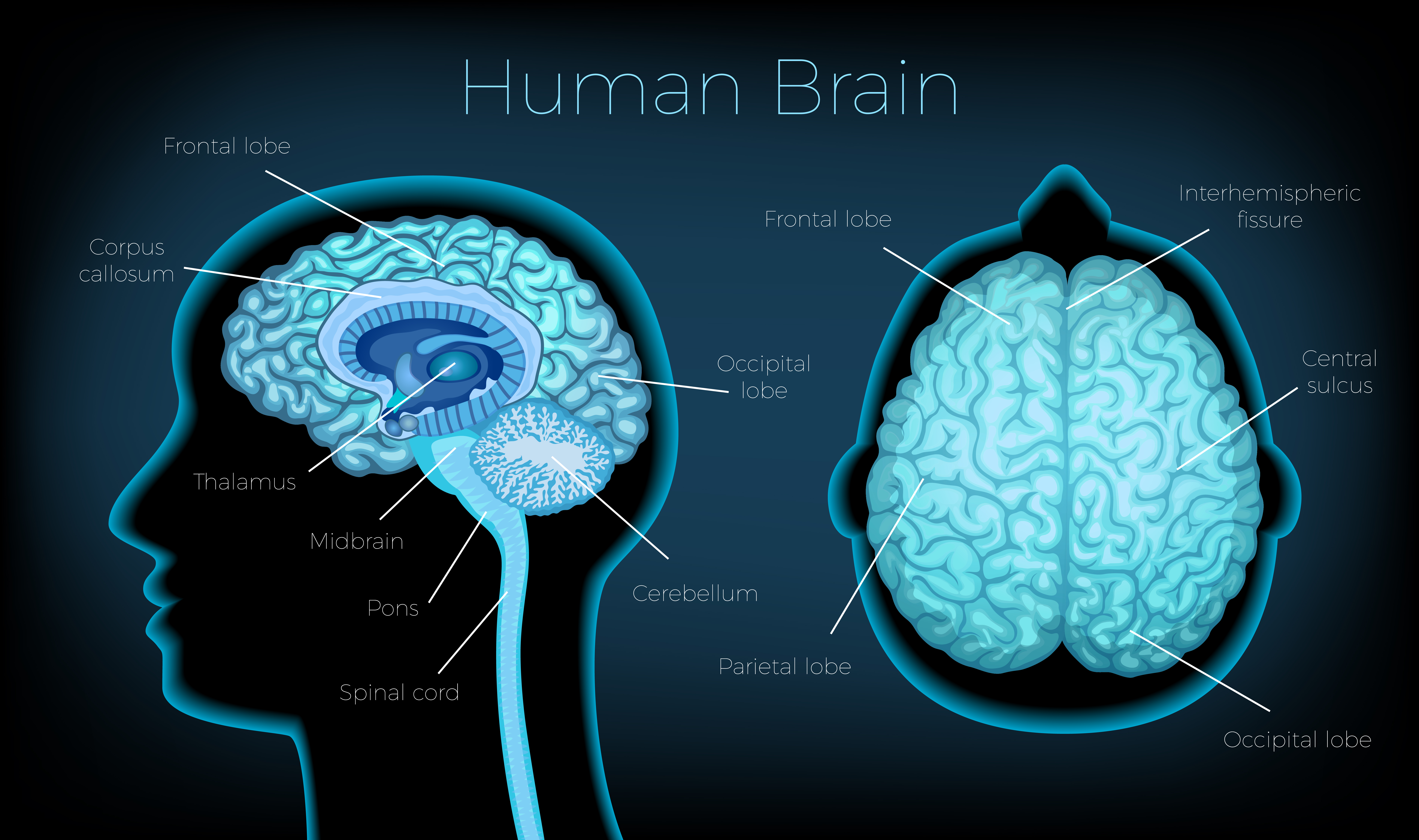The Relationship between Gut Microbiota and Cognitive Function in Young Adult

Animal experiments and small clinical studies support a role for the gut microbiota in cognitive functioning. Few studies have investigated gut microbiota and cognition in large community samples. This study aims to examine associations of gut microbial composition with measures of cognition in an established population-based study of middle-aged adults.
Katie Meyer, ScD analyzed data from the prospective Coronary Artery Risk Development in Young Adults (CARDIA) cohort in 4 US metropolitan centers. Stool DNA was sequenced, and the following gut microbial measures were gathered:
(1) β-diversity (between-person) derived with multivariate principal coordinates analysis;
(2) α-diversity (within-person), defined as richness (genera count) and the Shannon index (an integrative measure of genera richness and evenness);
(3) taxonomy (107 genera, after filtering).
Cognitive status was assessed using 6 clinic-administered cognitive tests: Montreal Cognitive Assessment (MoCA), Digit Symbol Substitution Test (DSST), Rey-Auditory Verbal Learning Test (RAVLT), Stroop, category fluency, and letter fluency.
In this cross-sectional study, microbial community composition, based on β-diversity, was associated with all cognitive measures in multivariable-adjusted analysis.
In conclusion, these data contribute to a growing body of literature suggesting that the gut microbiota may be associated with cognitive aging, but must be replicated in larger samples and further researched to identify relevant pathways.
You can know more about microbiota and its implication on the brain at the 9th Annual Meeting of the International Society of Microbiota in October, in France.
Image source: macrovector - www.freepik.com</a>
Targeting Microbiota 2022 Congress
October 19-21, 2022- Paris, France
www.microbiota-site.com
























































